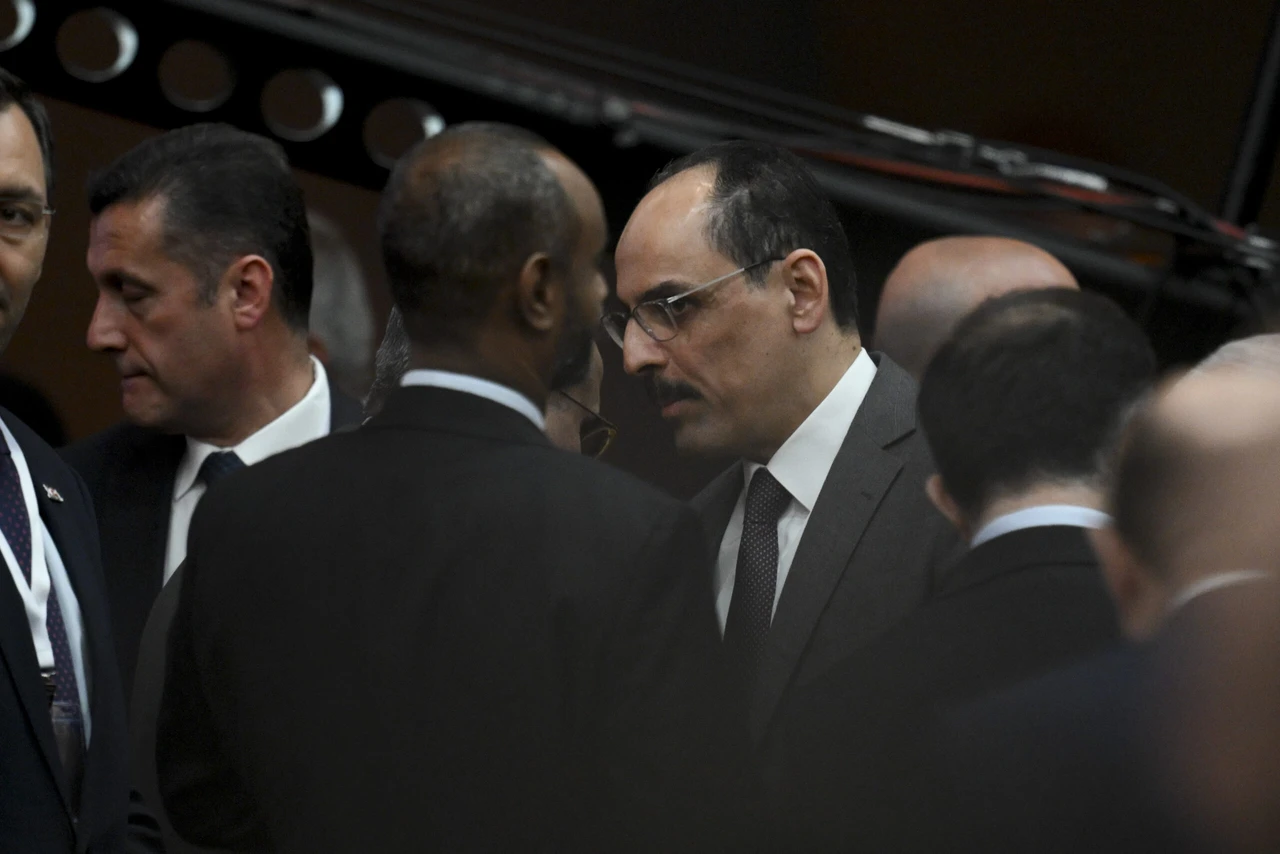Israeli Cabinet to vote on US-backed Lebanon cease-fire proposal
 Israeli Prime Minister Benjamin Netanyahu speaks at a cabinet meeting on November 24, 2024. (Screen grab/GPO)
Israeli Prime Minister Benjamin Netanyahu speaks at a cabinet meeting on November 24, 2024. (Screen grab/GPO)
The Israeli Cabinet is set to convene on Tuesday to vote on a cease-fire agreement with Lebanon, brokered by the United States and France, in an effort to halt escalating hostilities between Israel and Hezbollah.
Israeli Prime Minister Benjamin Netanyahu plans to present the proposal to the Security Cabinet, which holds the authority to approve it, rather than the full Israeli government.
The deal, which is expected to last 60 days, could mark a temporary cessation of the conflict that has resulted in heavy casualties on both sides.
US-backed cease-fire deal to be voted on by Israeli Cabinet
Israeli public broadcaster KAN reported that Netanyahu intends to secure approval for the cease-fire deal through the Security Cabinet, an executive body made up of senior government ministers, rather than the broader government or Knesset.
According to Israeli officials, this move means that parliamentary consent is not required for the deal’s approval.
The agreement, which has been heavily influenced by U.S. President Joe Biden and French President Emmanuel Macron, is expected to include a monitoring mechanism involving American, French, and possibly British personnel.
Under the terms of the cease-fire, Hezbollah would be required to withdraw its forces north of the Litani River, in accordance with United Nations Security Council Resolution 1701, which ended the 2006 Israeli-Lebanese war.
While discussions are in their final stages, the deal remains fragile, according to an Israeli official. “This is not the end of the war, this is a cease-fire agreement that will be tested daily,” the official said.

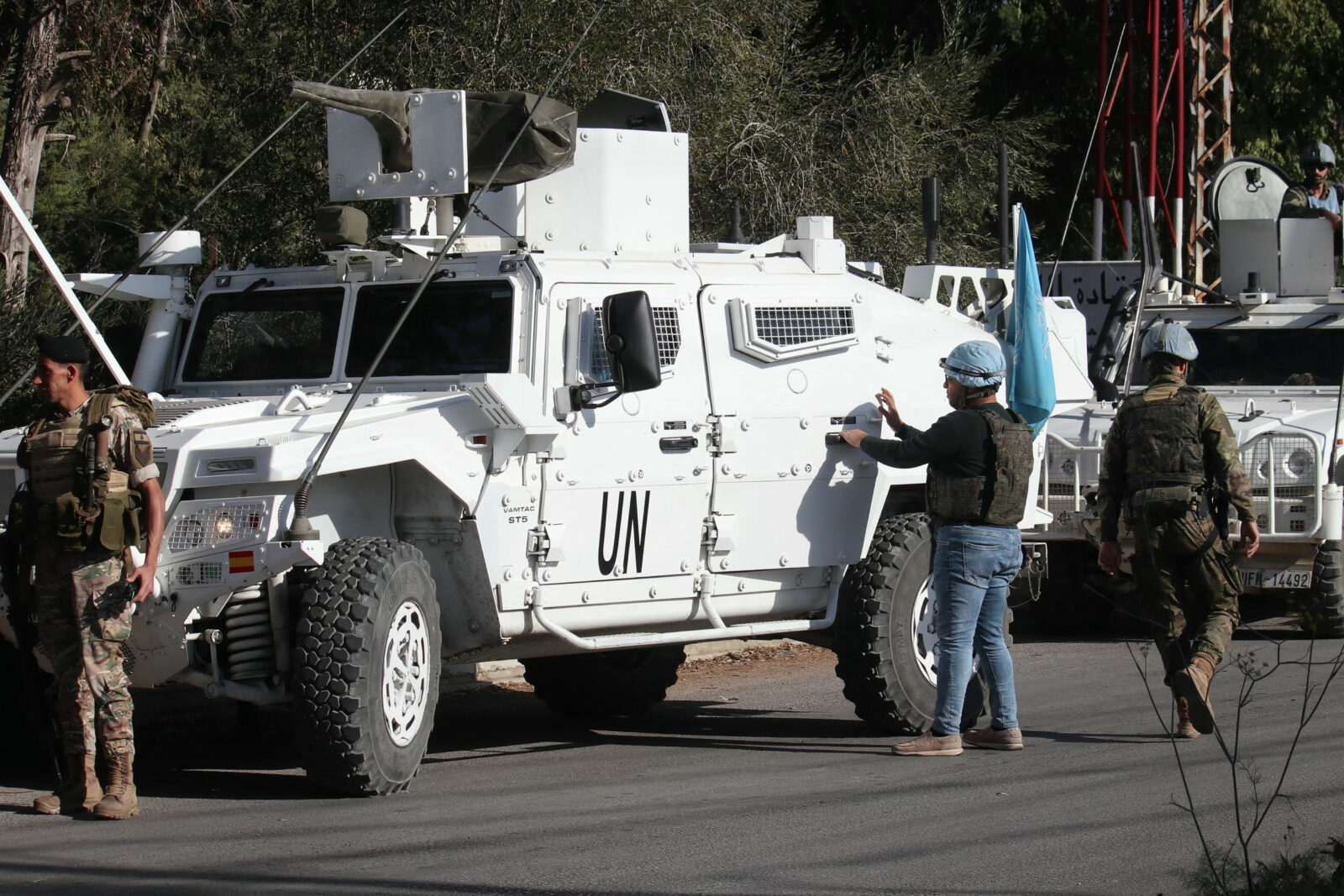


Cease-fire deal progressing, but concerns persist
In Lebanon, there are also reports that a ceasefire agreement could be finalized within 36 hours, with negotiations having reached an advanced stage.
Lebanese parliamentarian Qassem Hashem said, “The atmosphere is positive, and cease-fire discussions have reached an advanced stage. It’s only a matter of hours before an agreement is finalized and announced if progress continues as expected.”
The proposed ceasefire would come after more than a year of increasingly violent confrontations between Israel and Hezbollah, especially following the outbreak of the war in Gaza on Oct. 7, 2023.
Israeli airstrikes have targeted Hezbollah positions in southern Lebanon, claiming to strike military infrastructure while Hezbollah has retaliated with rocket fire into northern Israel.
According to Lebanese health authorities, over 3,760 people have been killed by Israel, with thousands more injured or displaced.
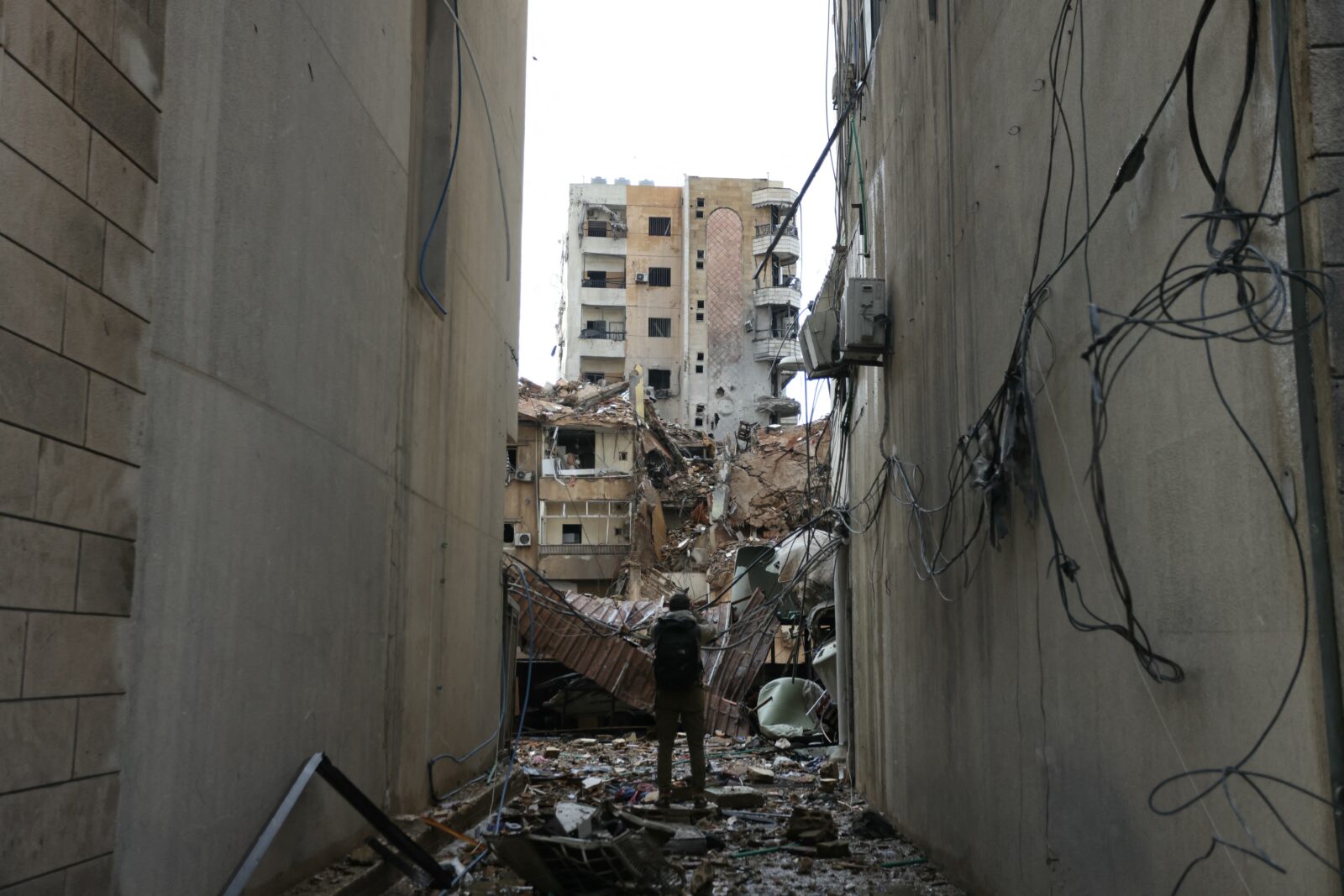
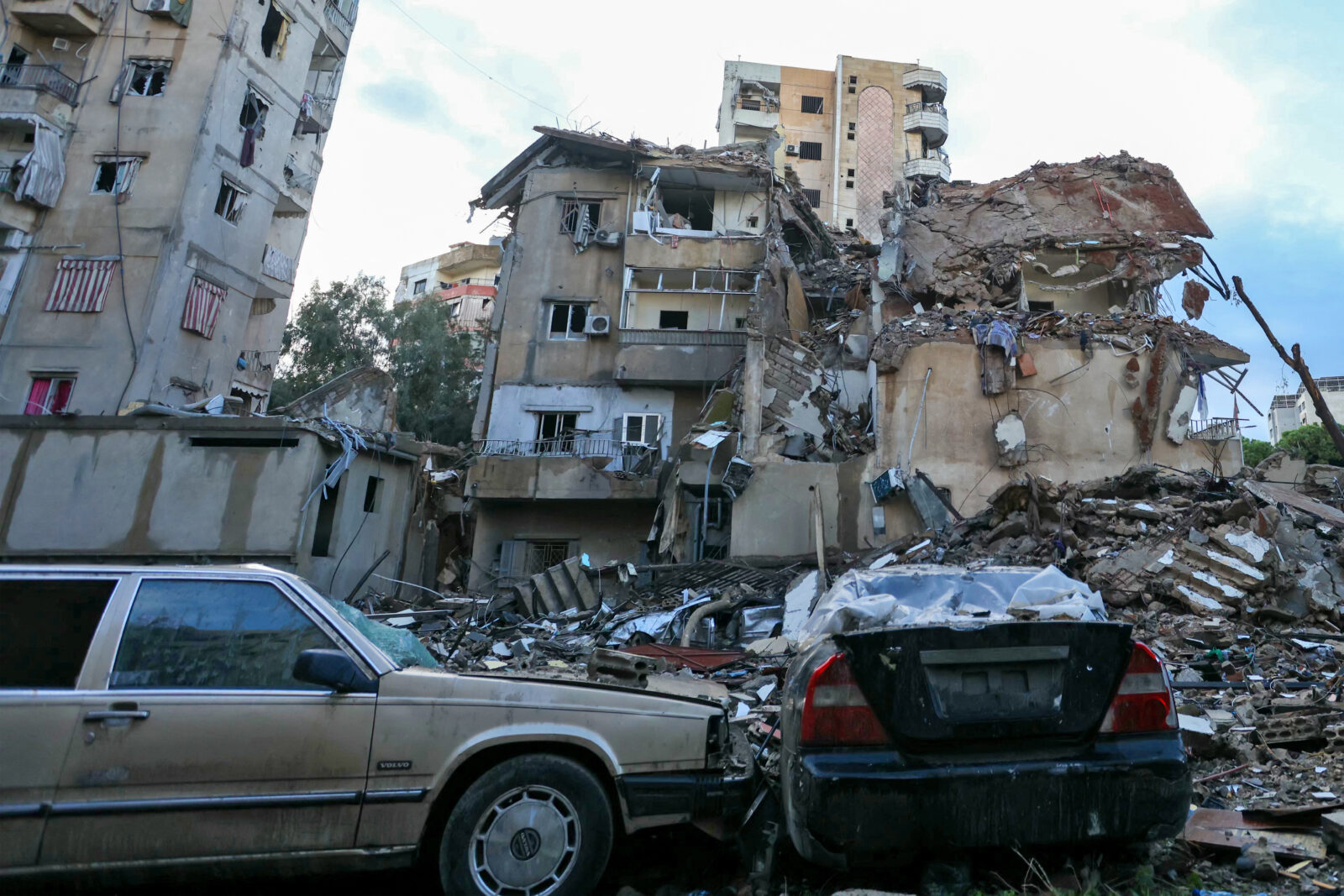
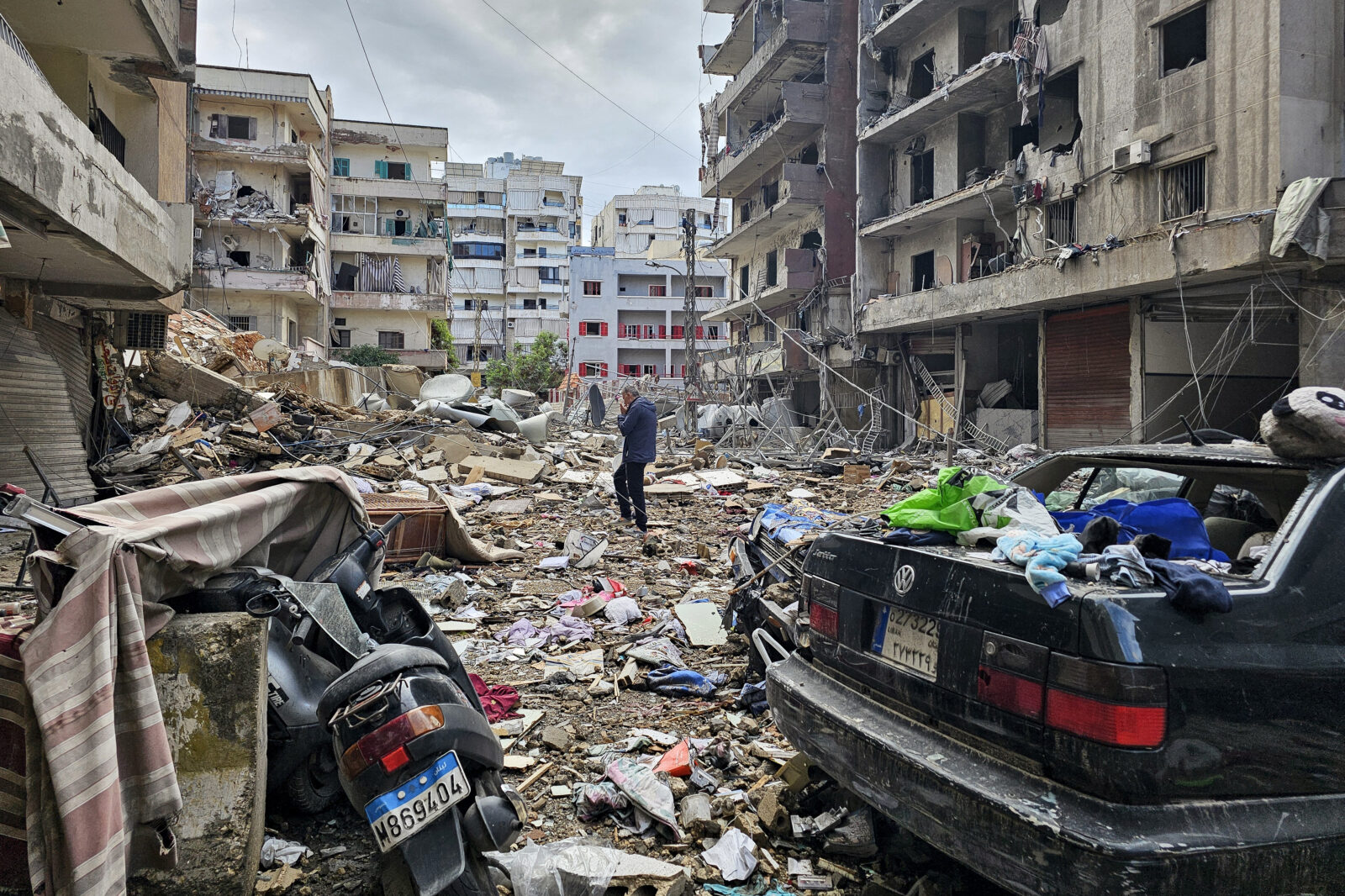
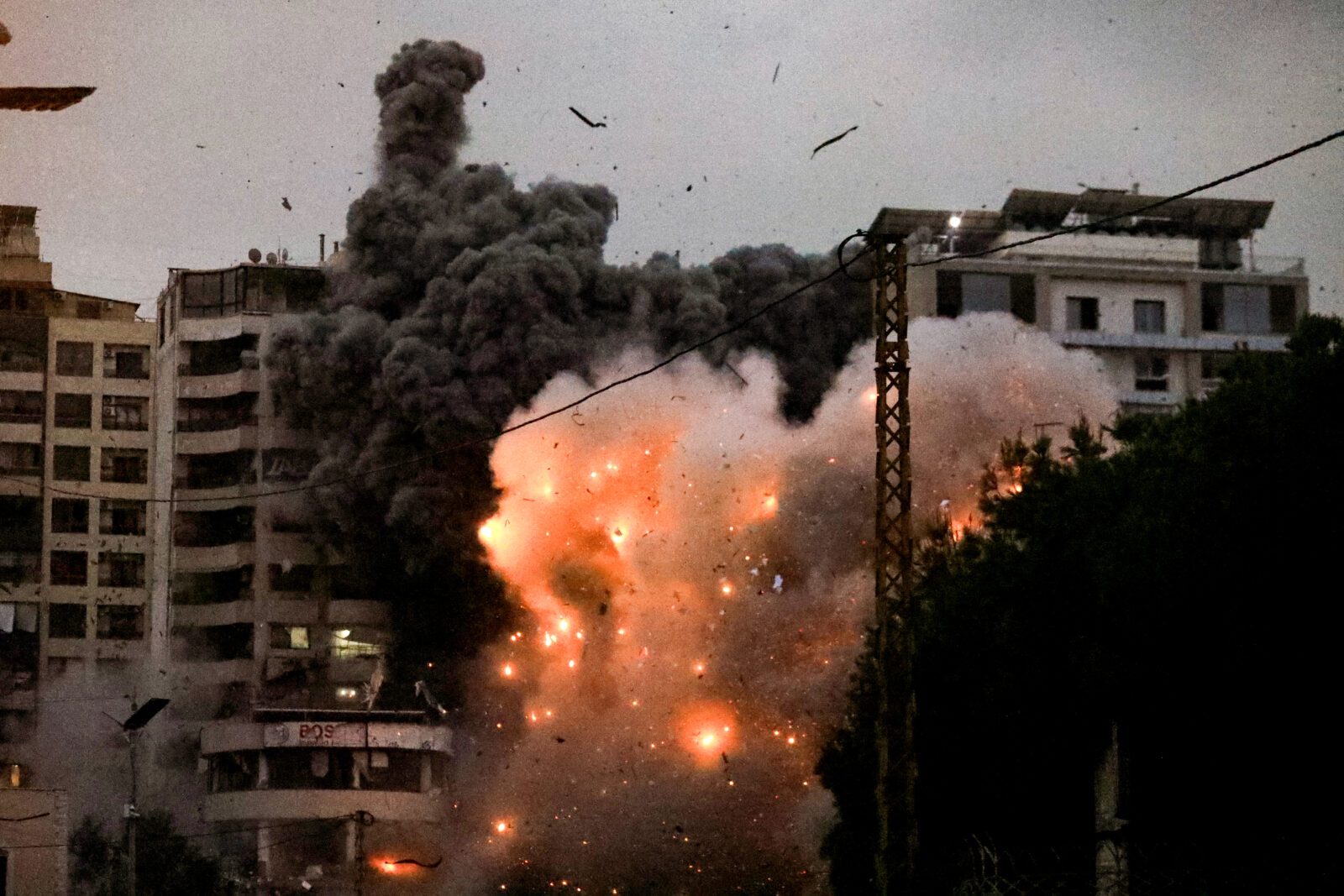
Tensions in northern Israel as cease-fire proposal nears
While the cease-fire deal gains momentum, there has been vocal opposition from local community leaders in northern Israel.
Do not surrender to terrorism. Do not make this shameful agreement. This is a sad arrangement, an agreement of surrender by the Israeli government to Hezbollah, an arm of Iran. The threat has not been removed.
We will not agree to return to the reality of [a new] 7 October in the north. For as long as there is no real security here, not just a “sense of security,” we will do everything to not return.
Metula mayor David Azoulay
Other local leaders have echoed similar concerns, emphasizing that any return to a status quo with Hezbollah would jeopardize the safety of civilians in the area.
We will be relying on Lebanon to guarantee our safety. Northern residents didn’t leave their homes for over a year, just to return to having Hezbollah as neighbours.
The massacre in the south will pale in comparison to what will happen here.
Chairman of the Local Government Committee of Moshav Margaliot, Eitan Davidi




European top diplomat urges Israeli government to approve cease-fire
European Union foreign policy chief Josep Borrell has called on Israel to approve the cease-fire proposal, stating there is no reason for the Israeli government to reject the deal.
“There is a proposal on the table, brokered by the US and by France, which gives Israel all the security commitments they were asking for. There is no excuse to reject this proposal,” Borrell said. His remarks came during a G7 foreign ministers’ meeting in Rome on Tuesday.
“I heard voices from the extremist ministers of the Israeli government willing to continue the fight, willing to continue the bombing,” Borrell told journalists in Fiuggi.
“Let’s hope that today Netanyahu’s government will approve the ceasefire agreement … No more excuses. No more additional requests. Stop this fighting. Stop killing people”, he said.
“The only way to end the suffering of people on all sides is a permanent and immediate ceasefire on all fronts: in Lebanon, in Israel and in Gaza,” Jeremy Laurence, a spokesman for United Nations High Commissioner for Human Rights, Volker Turk, told reporters in Geneva.
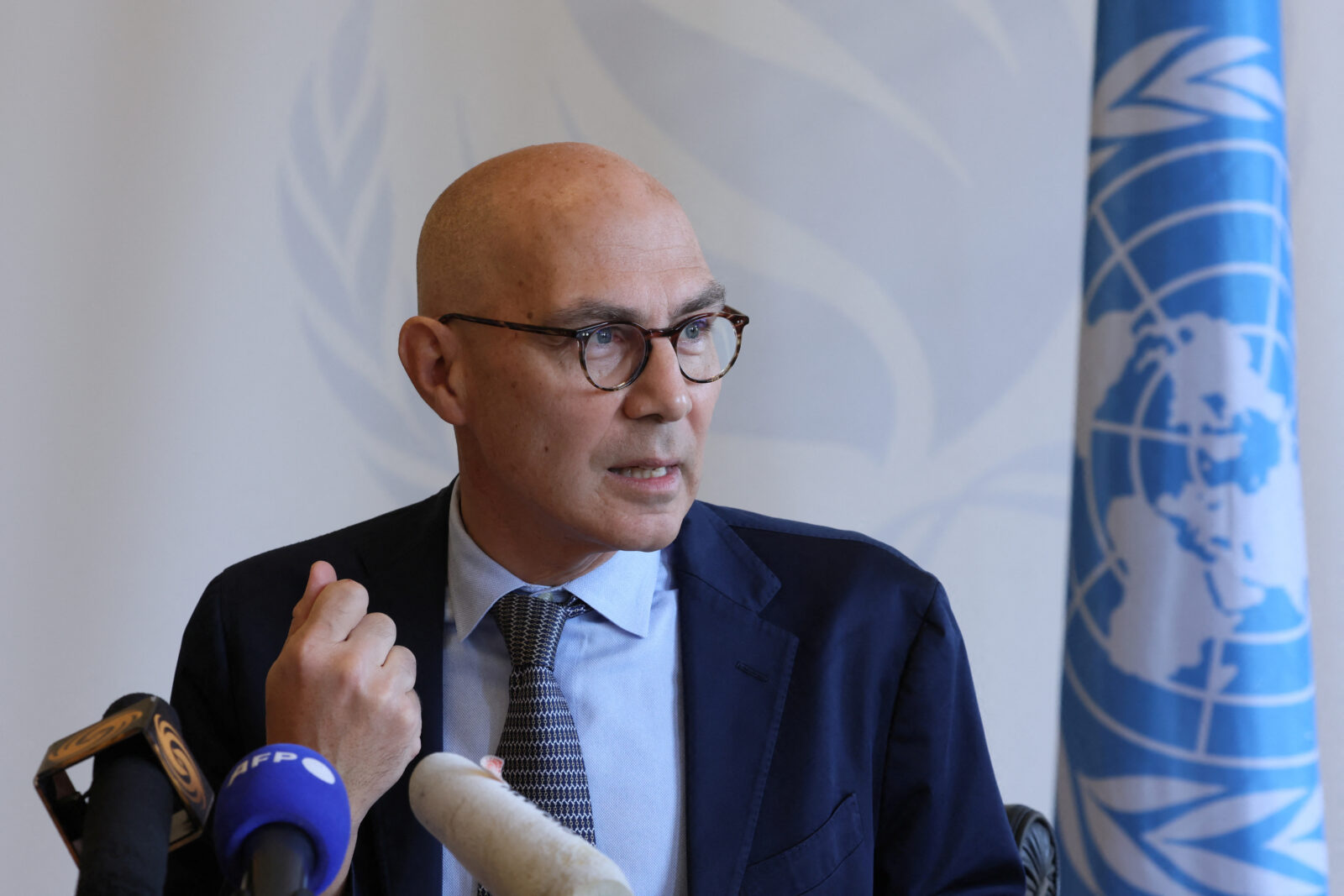
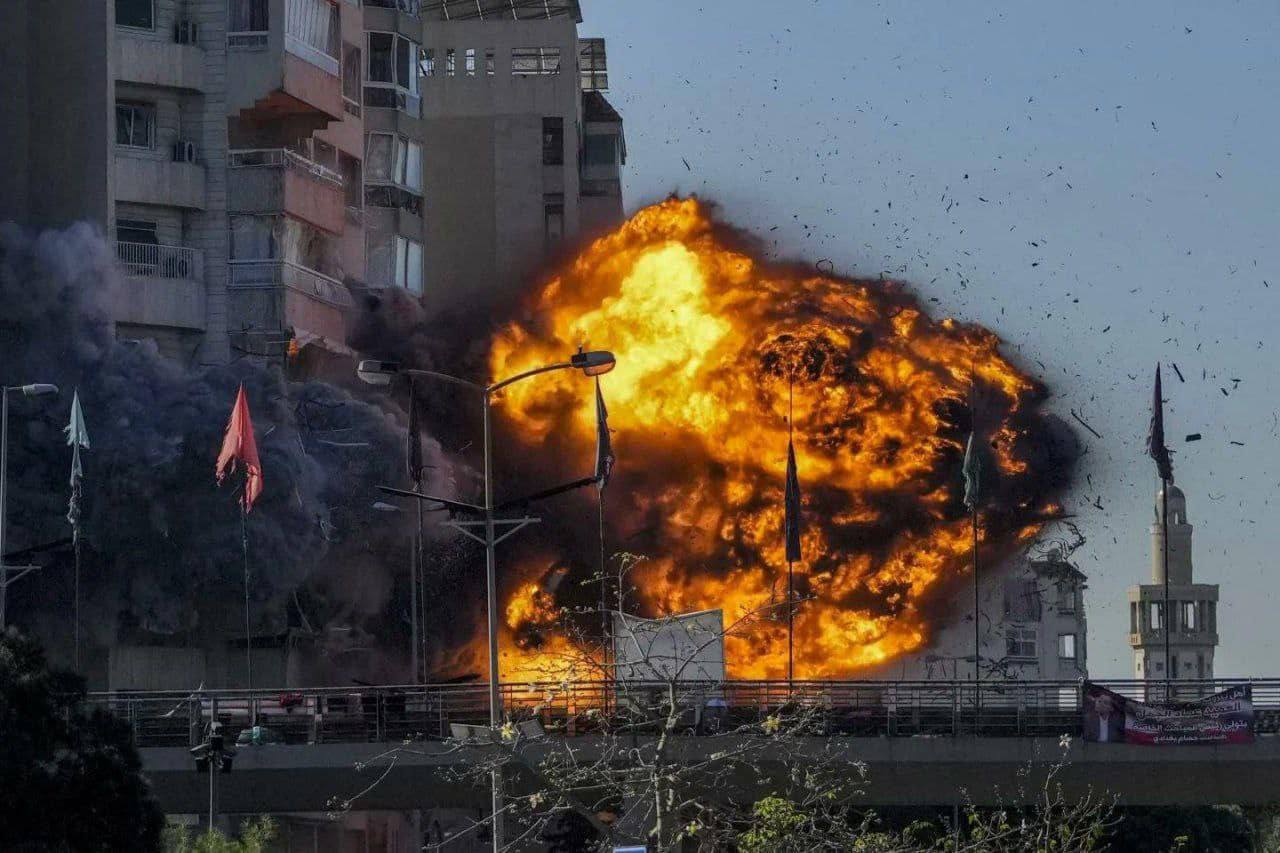
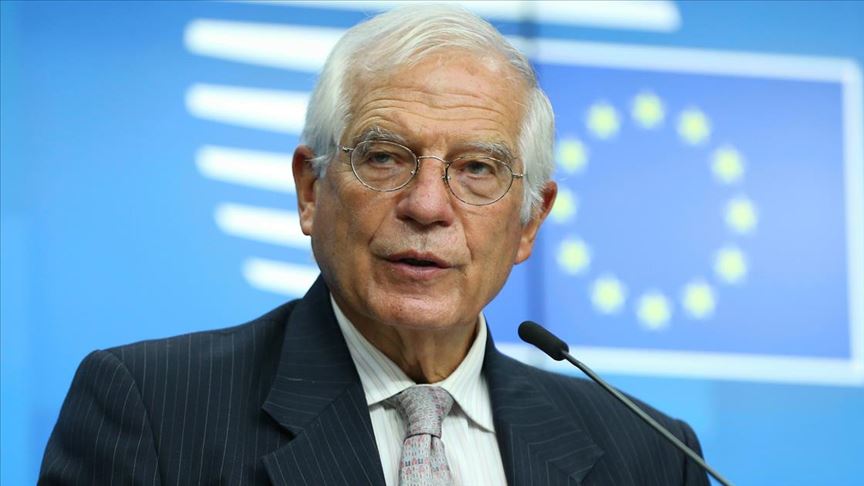
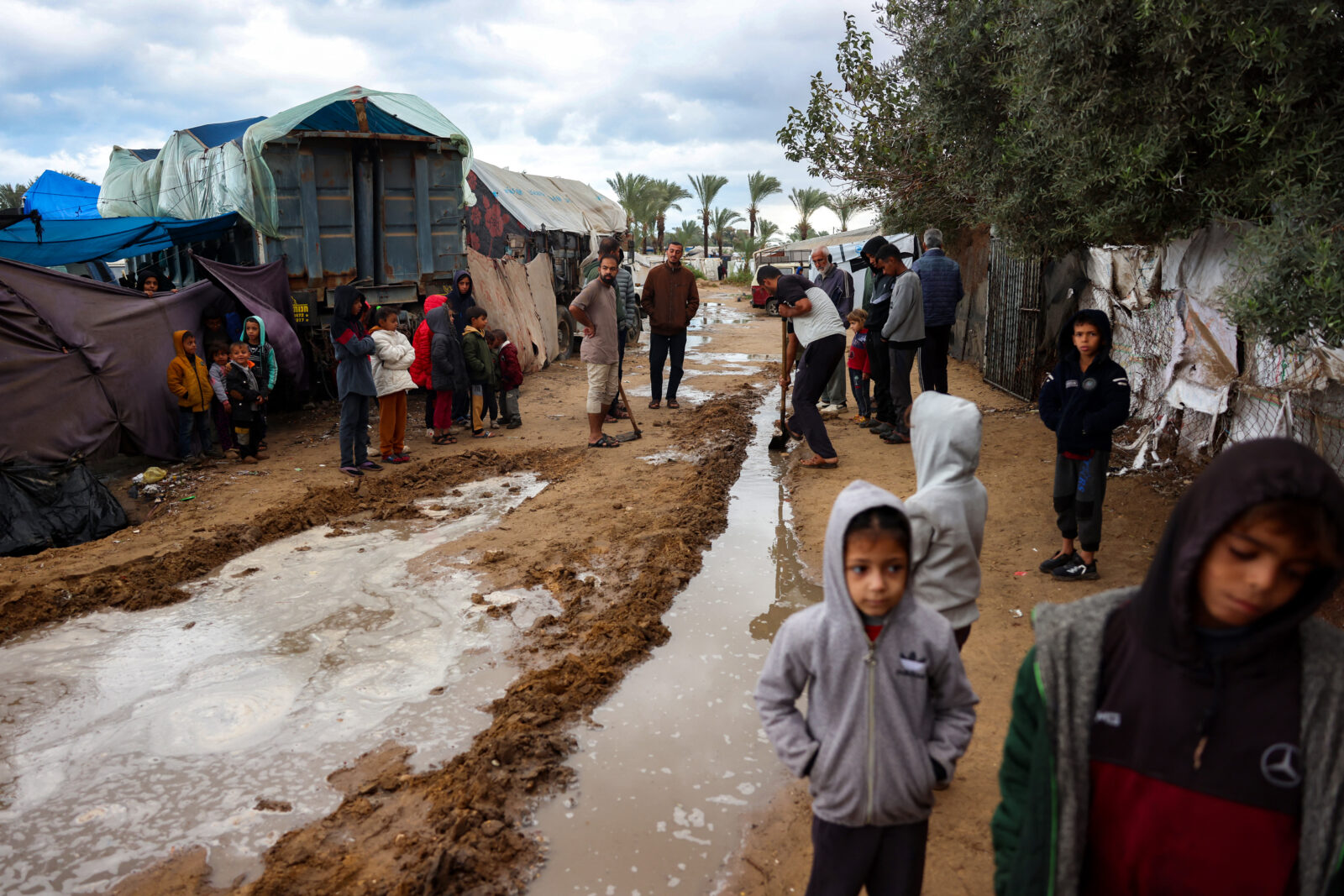
Divisions within Israeli government over cease-fire
Despite international pressure, Israeli officials remain divided over the ceasefire proposal.
Far-right Interior Security Minister Itamar Ben-Gvir has strongly criticized the idea of a cease-fire, calling it a “historical missed opportunity” to decisively end the conflict.
We have a historic opportunity to decisively act in the south [in Gaza] and north [in Lebanon]. It will be a historical missed opportunity if we stop everything and go backwards.
Itamar Ben-Gvir
Ben-Gvir, a key member of Netanyahu’s coalition, argues that Israel has the chance to take decisive action in both Gaza and Lebanon and that agreeing to a cease-fire now would undermine that goal.

